About us
Background
UK Biobank is a large-scale biomedical database and research resource, containing in-depth, de-identified genetic and health information from half a million UK participants. The database, which is regularly augmented with additional data, is globally accessible to approved researchers and scientists undertaking vital research into the most common and life-threatening diseases. UK Biobank’s research resource is a major contributor to the advancement of modern medicine and treatment and has enabled several scientific discoveries that improve human health.
Since 2006, UK Biobank has collected an unprecedented amount of biological and medical data on half a million people, aged between 40 and 69 years old and living in the UK, as part of a large-scale prospective study. With their consent they regularly provide blood, urine and saliva samples, as well as detailed information about their lifestyle which is then linked to their health-related records to provide a deeper understanding of how individuals experience diseases.
UK Biobank data is used by approved researchers from all types of academic, charity, government and commercial organisations for health-related research that is in the public interest.
UK Biobank has achieved these ambitions through the support of its visionary funders, the Wellcome Trust, Medical Research Council, Department of Health, Scottish Government, and the Northwest Regional Development Agency. The organisation has over 200 dedicated members of staff, based in multiple locations across the UK.
Useful links
Addendum to the main study protocol category 1
Addendum to the main study protocol category 2
UK Biobank Financial Statements 2023 - 2024
UK Biobank Financial Statements 2022 - 2023
UK Biobank Financial Statements 2021-2022
UK Biobank Financial Statements 2020-2021
UK Biobank Financial Statements 2019-2020
What we do
UK Biobank is the most detailed, long-term prospective health research study in the world, enabling the international scientific community to better understand a range of common and life-threatening diseases. We continue to maintain this focus through the adoption of pioneering technologies and regular health follow-up on half a million participants. Our actions support the vision of the health research community to improve the future health of millions of people.
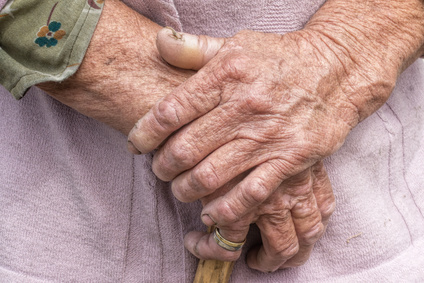
Large-scale
The UK Biobank study includes 500,000 participants, recruited between 2006 and 2010.
Prospective studies need to be this large because only a small proportion of the participants will develop any one condition over time and the effects of different exposures on the development of that condition are likely to be small.
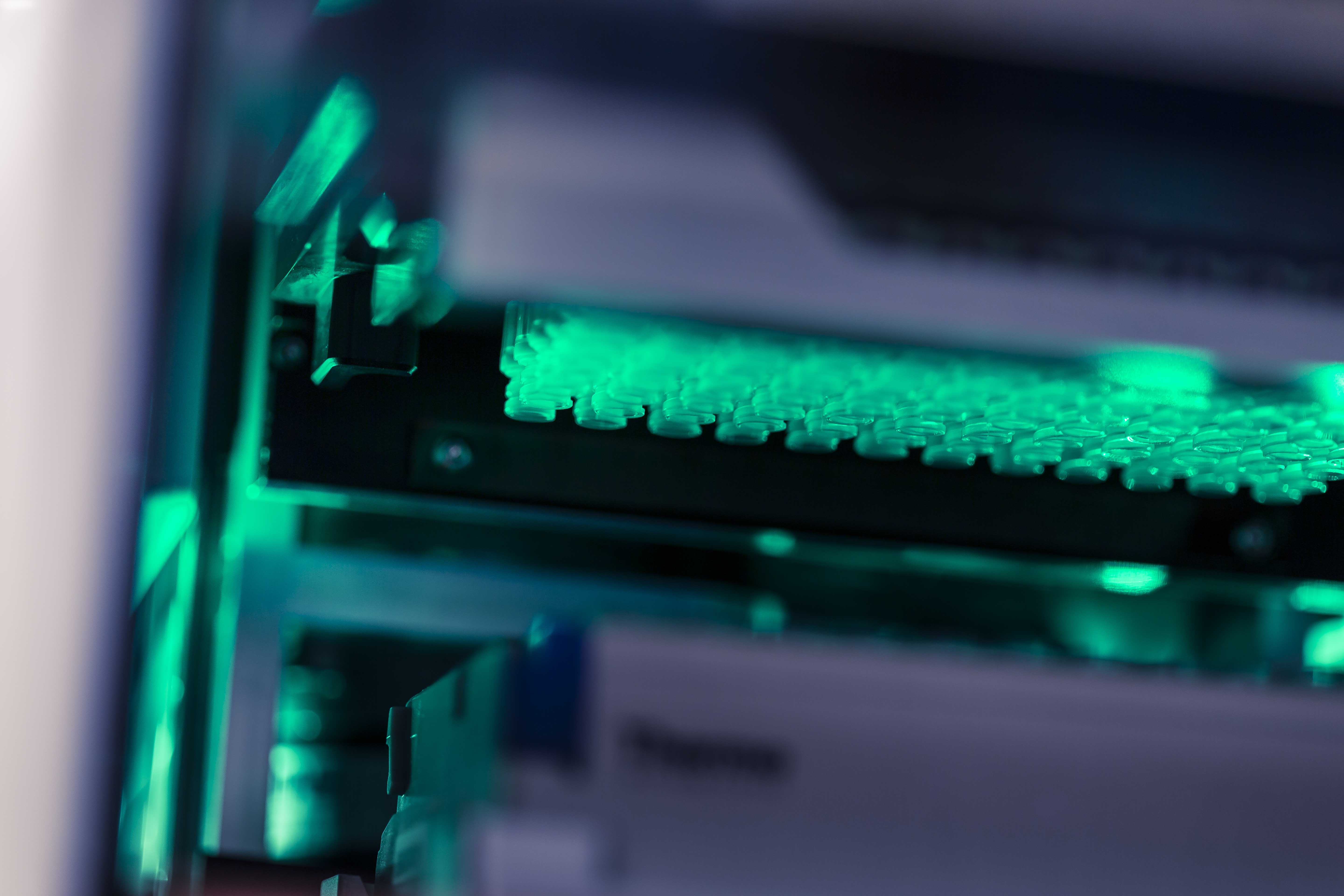
Pioneering
When the Medical Research Council and Wellcome Trust established UK Biobank, they pioneered a new approach of undertaking public health research. Since then, we have continued to be at the cutting edge of population-based research by taking advantage of new scalable technologies, whether that be performing genomic analysis, and collecting accelerometer and multi-modal imaging data.
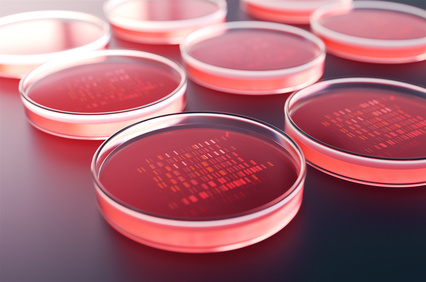
Detailed
By creating the most in-depth health resource in the world, we are transforming opportunities for health research. Through the commitment of half a million participants, we continue to expand our collection of biomedical data with comprehensive follow-up and precise assessments to address the challenge of understanding a wide range of life-threatening diseases.
Future proofing valuable data
Since inception, UK Biobank has adopted pioneering technology to support its world-leading biomedical resource. For example, collecting and storing samples from half a million participants (into 10 million separate tubes) required an innovative solution and led to advances in the field to develop the UK Biobank automated freezer.
The ability to transform the biological samples into data that can be used by researchers (such as genomic data, and data on circulating levels of hormones, metabolites and proteins) is crucial to advance our understanding of disease. As technologies advance, we are able to extract the biological samples to perform measurements that are at the cutting-edge of life sciences.
Related Publications
Dynamic linkage of COVID-19 test results between Public Health England’s Second Generation Surveillance System and UK Biobank
J Armstrong et alUK Biobank: Opportunities for cardiovascular research
T Littlejohns et al
UK Biobank’s ‘TAP Store’ which houses around 10 million biological samples from our 500k volunteers at -80 degrees Celsius!
The UK Biobank Team
The Executive Team at UK Biobank lead and support staff across the organisation to deliver the strategic objectives of the organisation. They bring with them a wealth of scientific and industry-level knowledge and a strong sense of scientific focus to realise UK Biobank's potential.

Professor Sir Rory Collins
UK Biobank is led by Sir Rory Collins, British Heart Foundation Professor of Medicine and Epidemiology at the University of Oxford. He was appointed UK Biobank Principal Investigator and Chief Executive in 2005.

Mark Effingham
Mark is Deputy CEO of UK Biobank and brings broad experience of technical strategy, IT delivery and domain expertise in health informatics and big data. Mark is a Chartered IT Professional and Fellow of the British Computer Society. He holds a PhD and MSc from the University of Birmingham.

Naomi Allen
Naomi is Chief Scientist for UK Biobank and Professor of Epidemiology at the Nuffield Department for Population Health, University of Oxford. She is primarily responsible for the linkage of electronic health records for all participants. Her research background is in cancer epidemiology.

John Busby
John is Chief Operating Officer for UK Biobank, responsible for our Estate and Technical Services, Laboratory, Access and Study Administration teams and Health and Safety. Previously Chief Operating Officer at Hull York Medical School, he has a background in university corporate planning and leadership.

Gareth Gregory
Gareth is the Chief Finance Officer for UK Biobank. He is responsible for Finance, HR and Procurement. Gareth’s career has included roles within audit in the UK and New Zealand, and senior finance roles at Auckland Council, Manchester United, Mitie and the Disclosure and Barring Service.

Samantha Welsh
Sam is Head of Laboratory for UK Biobank. She is primarily responsible for the processing, storage and supply of samples collected from UK Biobank participants. She has worked in laboratory management and project management roles and brings experience in sample integrity from academia and an early career in Forensic Science.

Jonathan Sellors MBE,
Jonathan is the General Counsel and Company Secretary of UK Biobank. He is an expert in intellectual property, life sciences and data protection law. He is also a Visiting Senior Fellow at the Nuffield Department of Public Health (Oxford University) and a visiting professor at the Big Data Institute.

Edward Sykes
Ed is Director of Communications for UK Biobank. He is an expert in science and health communication, particularly around risk, and is responsible for all internal and external communications from UK Biobank. He has worked in academia, industry and the charitable sectors.

Alan Young
Alan is the System Architect for UK Biobank and Director of Information Science at the Nuffield Department for Population Health. Since 2004 he has lead the team that develops our systems for collecting, processing and distributing epidemiological data. Previously he has been an environmental modeller, Oxford maths don, geneticist and martial arts instructor.
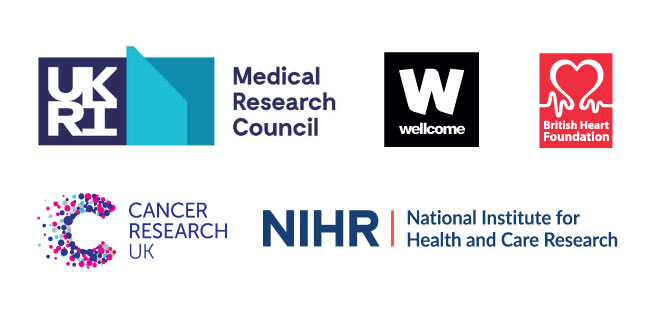
Our funding
Find out more about the funding bodies who share our vision to enable the global research community to make important scientific discoveries through health data.

Governance
UK Biobank works closely with a range of external experts who provide support via the Board and committees to guide our future scientific direction.
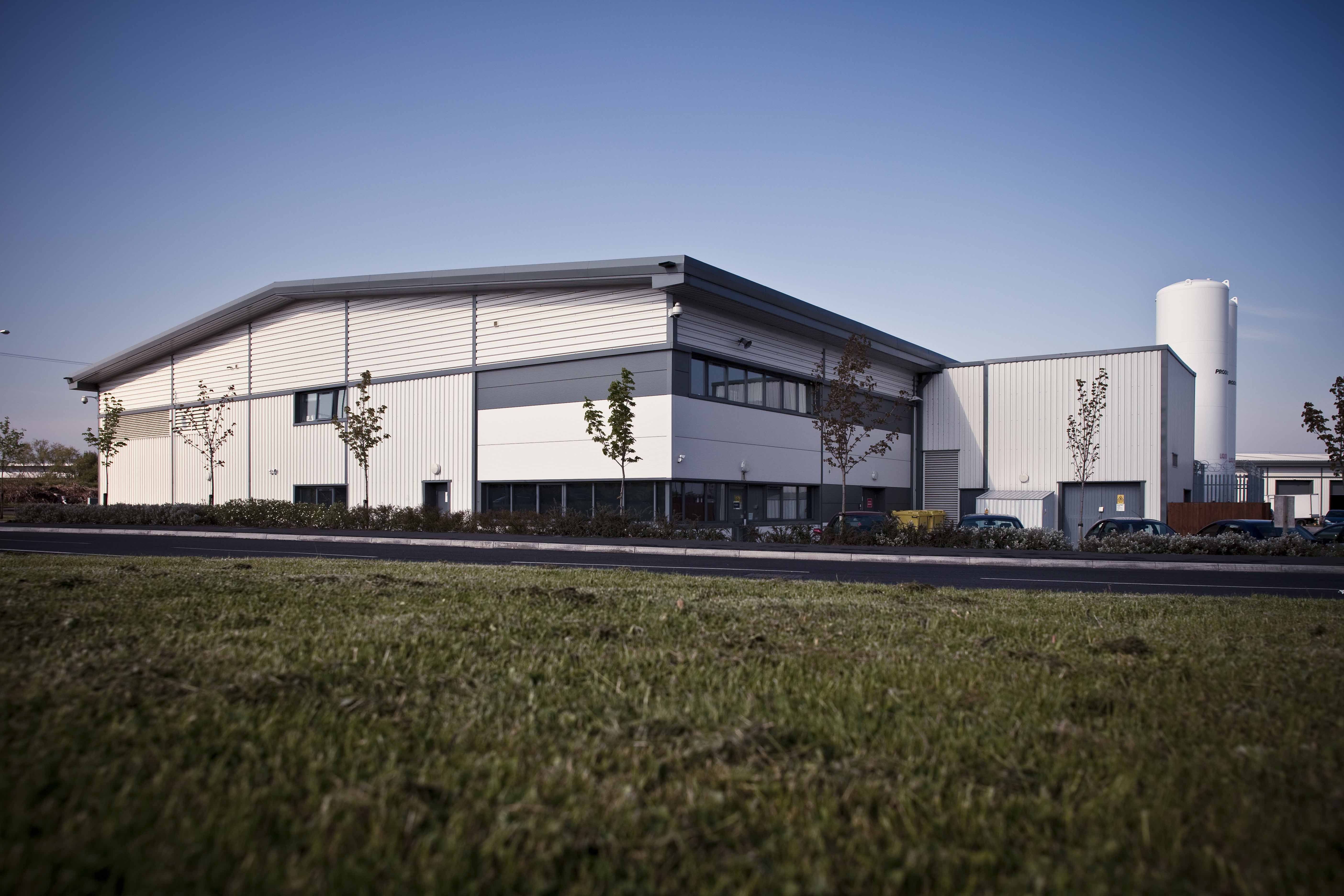
Our locations
UK Biobank has around 200 staff based across multiple locations in the UK, including Stockport, Oxford, Reading, Newcastle, and Bristol.
Certifications
The Quality and Information Security Management systems at UK Biobank have been approved by BSI to support the collection, processing, storage and analysis of biological samples and data for research into genetic and environmental factors that impact on human health and disease. These management systems are certified to ISO 9001:2015 and ISO 27001:2013 respectively.
UK Biobank’s HTA license (12002) is granted under Section 16 (2) (e) (ii) of the Human Tissue Act 2004.
Last updated

